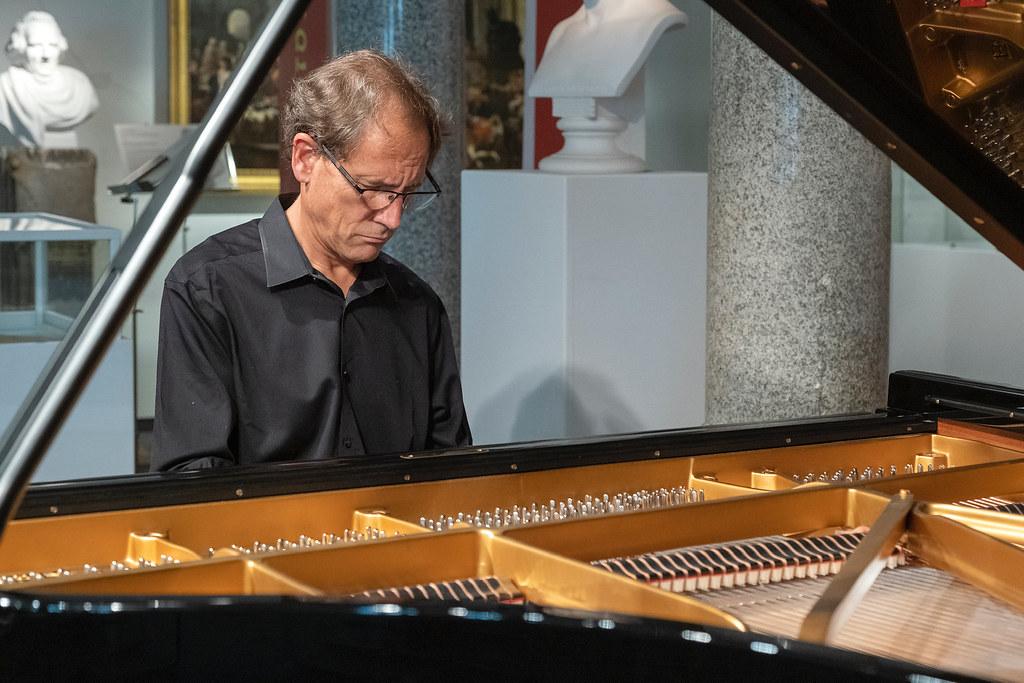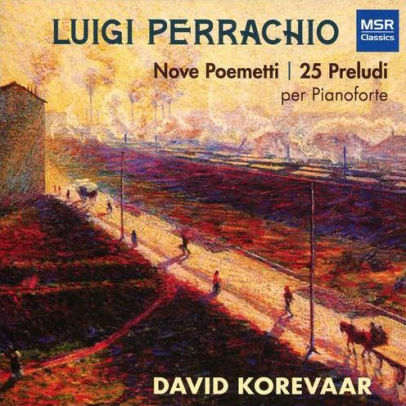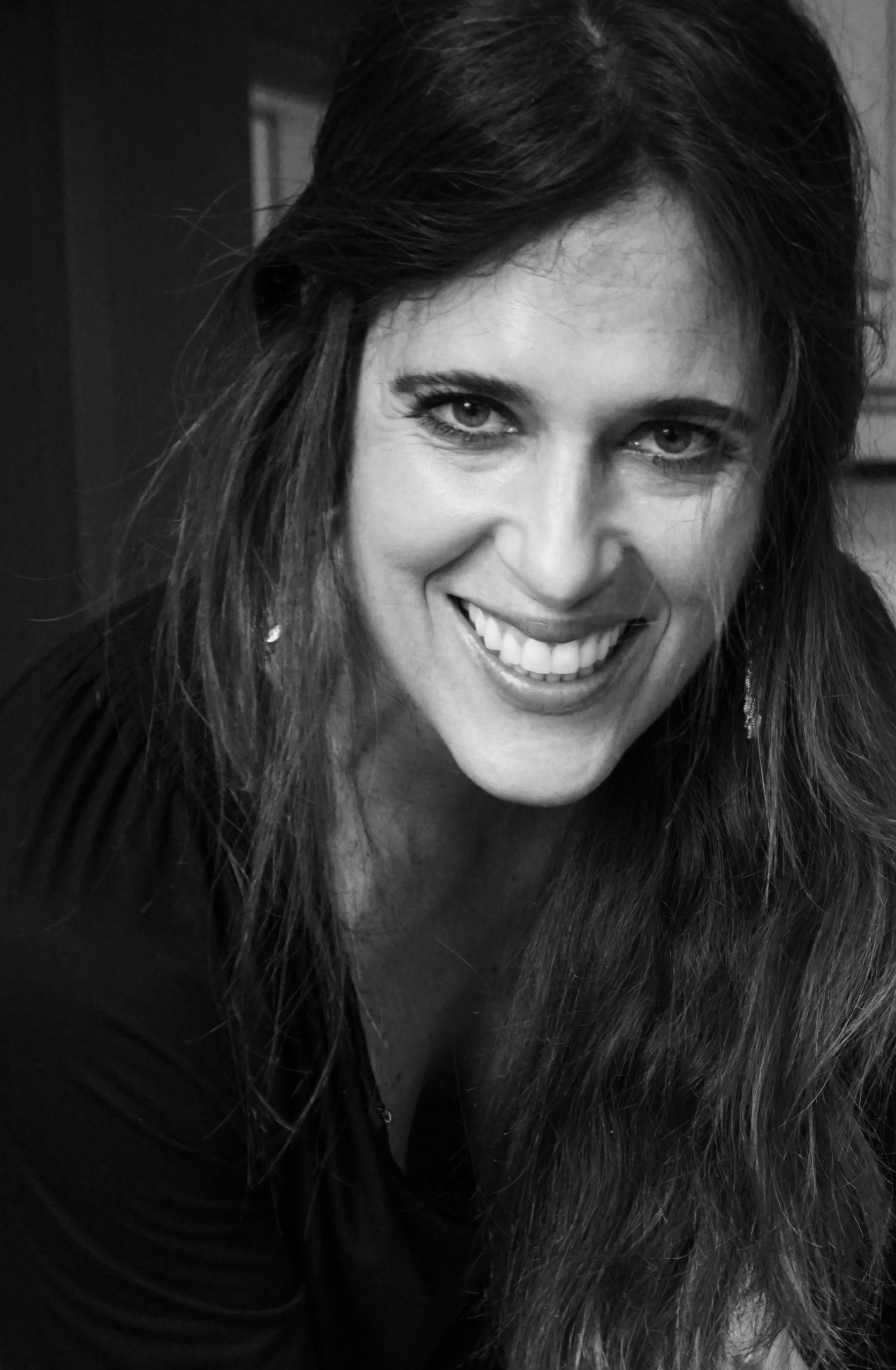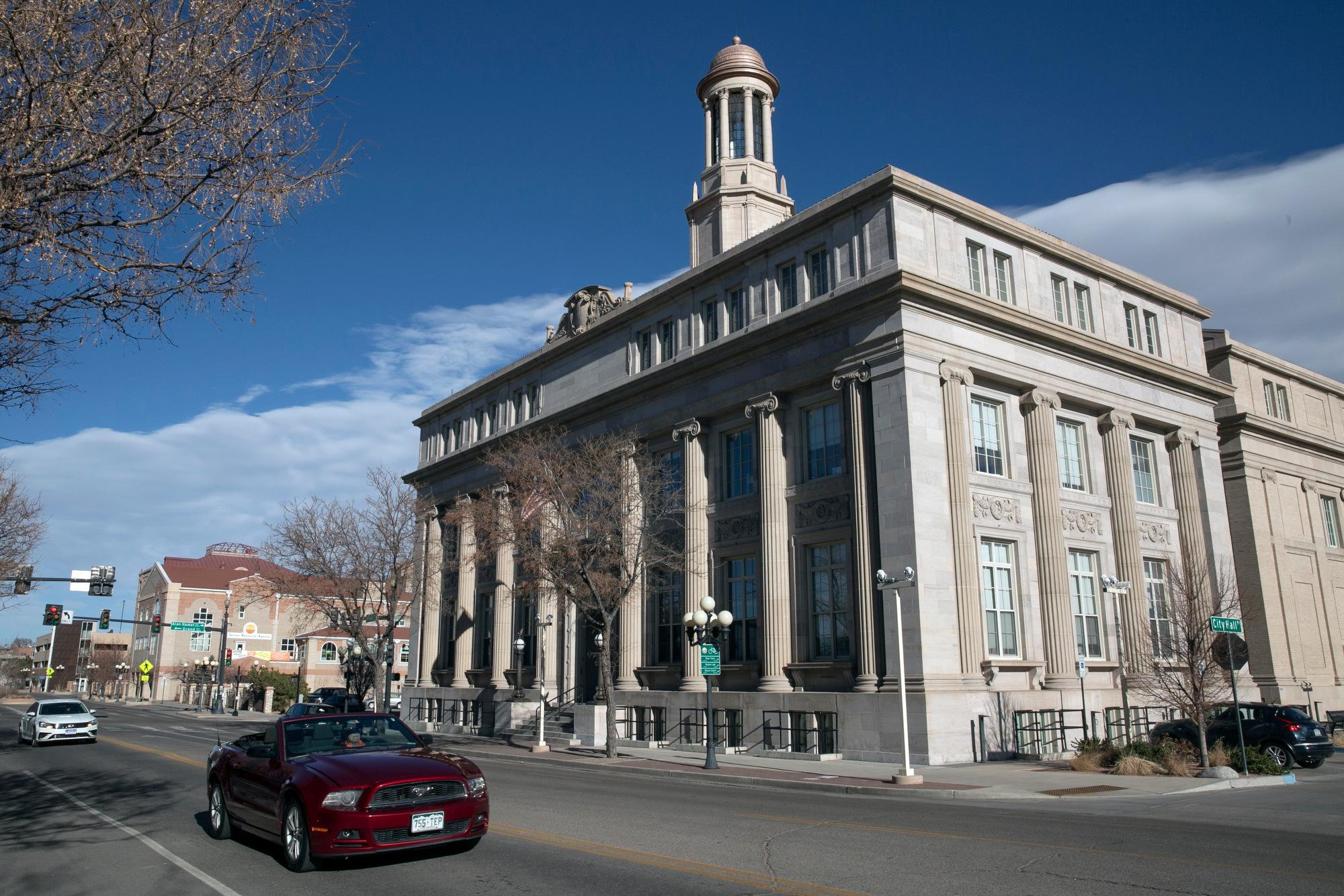
It’s always exciting when archeologists make a new discovery. Arguably even more exciting – and certainly more rare – is the “discovery” of an unduly modest, but laudable, composer.
While researching the collection of Catalan pianist Ricardo Viñes’ scores at the University of Colorado, pianist David Korevaar came across a primitively bound collection called “Nine Little Poems” by a composer he’d never heard of: Luigi Perrachio.
“I made a copy of the pieces, composed in 1917 and 1920. One of them – “Libellule” (Dragonflies) – was dedicated to Viñes. A couple years later, I learned all nine pieces, hoping to drum up some interest in them.”
Today, Korevaar finds himself increasingly inspired by the potential of the repertoire of Luigi Perrachio (1883-1966), especially upon delving into the composer’s 25 “Preludi” that – while described by Italian musicologist Attilio Piovano as among Perrachio’s most important works – had never been recorded.
Why? “It turns out the Perrachio published only a small fraction of his work and he was willing to do so only after significant arm-twisting from his supporters,” explained Korevaar.
Born in Turin in 1883, Perrachio was taught piano and cello by his father, an amateur musician, then went on to earn an obligatory law degree. But music called to him and – after spending time in Vienna – Perrachio completed a degree in piano and composition in Bologna in 1913.
Perrachio ultimately returned to Turin, where he taught piano and later composition. Said Korevaar, “He was an important mentor for a generation of Italian composers. His deteriorating health led to almost complete immobility, but he continued to receive private students at his home until his death in 1966.”

According to Korevaar it’s safe to assume that Perrachio also become immersed in the music – and the company – of Claude Debussy and Maurice Ravel in the 1910s. While the “Poemetti” reflect their influence, Perrachio developed his own distinctive voice, crafting a kind of Italian Impressionism. The “Preludi,” on the other hand – composed almost a decade after the “Poemetti” – have a more neoclassical sound.
“His ‘Poemetti’ are beautiful pieces, strongly influenced by the music of Ravel and Debussy. But his handling of the piano – of sonority, dramatic pacing and form – all demonstrate his own personal approach,” Korevaar said.
“As I’ve played the pieces more and become familiar with his colorful, rhythmically-driven musical language and idiosyncratic technique, I’m struck by Perrachio’s special sensitivity to the instrument – and his fascinating evolution from more percussive to more lyrical harmonic language.
You can hear David Korevaar playing these historical rarities on CPR Classical, in Denver at 88.1FM and online at cpr.org.









